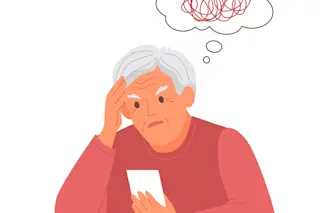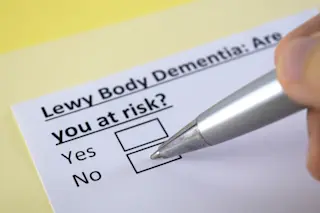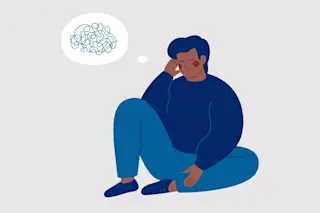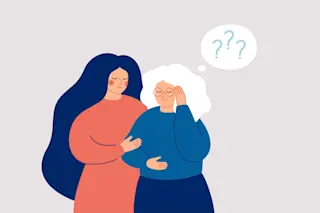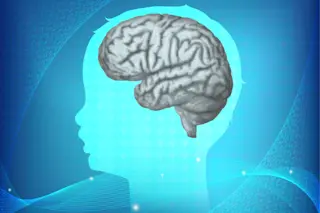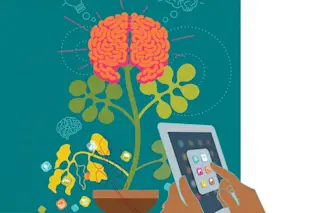Alzheimer’s disease exacts a heavy toll. The irreversible, , the most common cause of dementia, slowly robs people of their memory and thinking skills.
And in the later stages of the disease, it can cause patients to lose interest in food —or render them unable to feed themselves altogether.
Why Do Dementia Patients Stop Eating?
If you have a loved one with Alzheimer’s, you may notice their eating habits shift as the disease progresses. They may forget mealtimes, lose their sense of hunger and thirst or become unable to determine the proper amount to eat.
They may also struggle to incorporate enough variety into their diets, which means they’re not getting the vitamins and minerals they need.
Read More: What You Need to Know About the 6 Stages of Alzheimer’s Disease
Why Dementia Causes Eating Issues
Late-stage Alzheimer’s can also make it hard for patients to properly chew and swallow their food. As we get older, our mouths get drier, our sense of taste and smell changes and many people struggle to swallow properly as their muscles deteriorate.
But for people with Alzheimer’s, the consequences can be dire. If a patient chokes on their food, it may make its way into their lungs, which can cause pneumonia and even death.
Read More: Is Alzheimer's Disease Fatal, and How Does It Lead to Death?
Resources to Help Dementia Patients Eat
While resources do exist for caregivers to help people with late-stage Alzheimer’s eat better, such as providing a quiet eating area and serving meals at the same time, monitoring a patient’s eating habits becomes vital.
Read More:
How the New FDA-Approved Alzheimer's Drug Works
Can the MIND Diet Slow the Progression of Alzheimer's?


